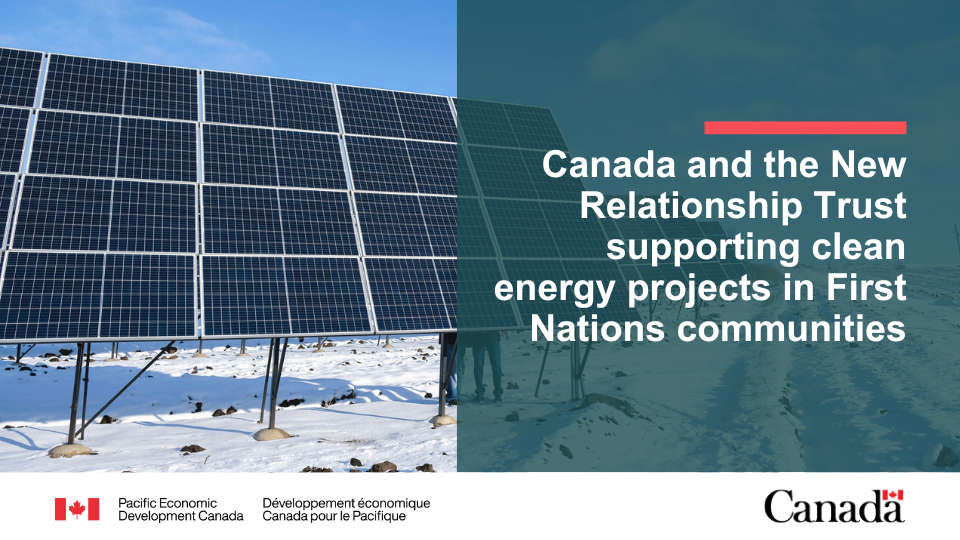
Twelve First Nations communities throughout British Columbia will receive $7.1 million to develop alternative-energy projects and advance energy efficiency.
“Our CleanBC goal is to reduce diesel consumption for power generation in remote communities by 80% by 2030,” said Josie Osborne, Minister of Energy, Mines and Low Carbon Innovation.
“By building partnerships and creating opportunities with Indigenous communities and businesses, we can help people living in B.C.’s hardest-to-reach communities save money, become less dependent on fossil fuels and benefit from cleaner air and water.”
The funding comes through the province’s Community Energy Diesel Reduction (CEDR) program.
The province says it has a goal to reduce diesel consumption for power generation in remote communities by 80% by 2030, and partnerships and opportunities with Indigenous communities and businesses play an important part.
The energy projects range in size and scope, from $350,000 for the construction of a biomass combined heat-and-power system for the Quesnel area, to $2 million to develop and build a two-megawatt solar farm on Haida Gwaii's northern grid that will include battery storage.
British Columbia has 44 remote communities, most of which are governed by First Nations.
Many of these communities are served by BC Hydro in non-grid integrated areas and operate their own diesel generators.
The CEDR program provides funding specifically for clean-energy initiatives to remote communities that rely on diesel fuel for electricity generation.
A second round of CEDR program funding will be announced shortly.
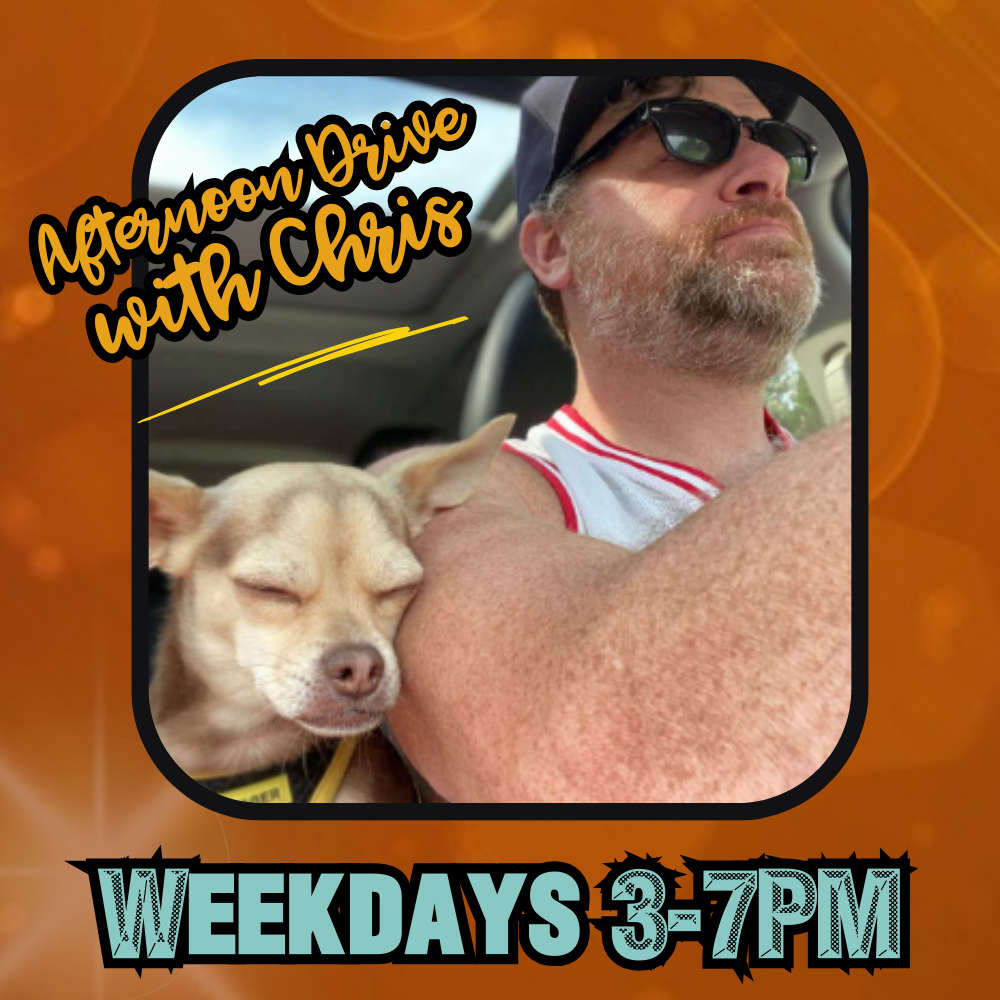
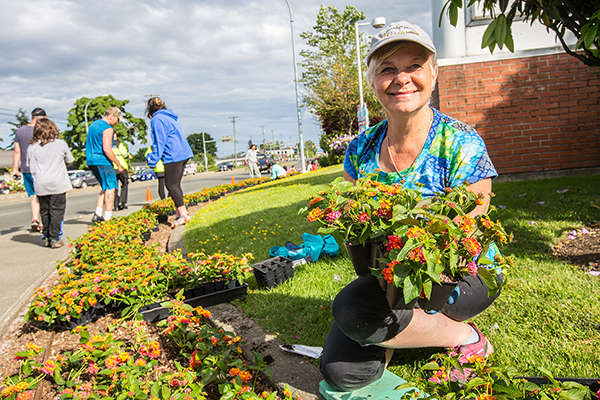 Courtenay - Mile of Flowers Volunteers
Courtenay - Mile of Flowers Volunteers
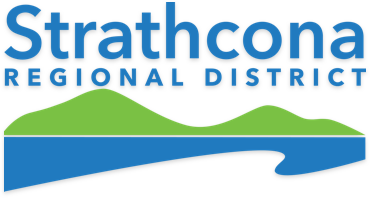 SRD - Accessibility Plan
SRD - Accessibility Plan
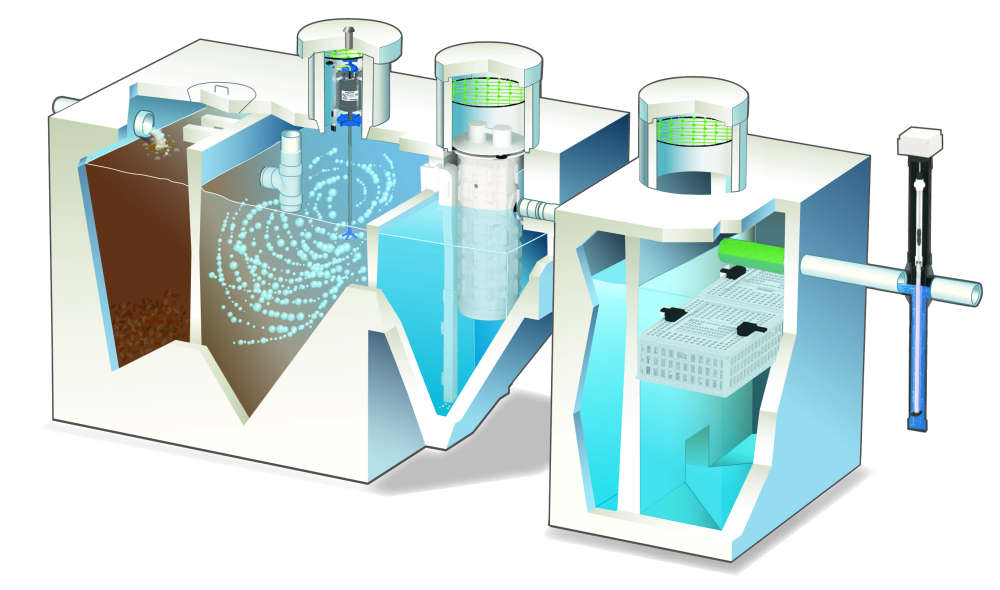 Cumberland AAP Wastewater Drop In
Cumberland AAP Wastewater Drop In
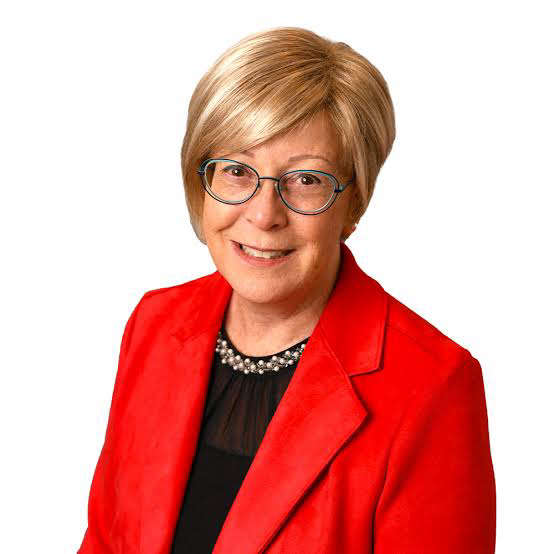 Ronna-Rae Leonard - Running Again
Ronna-Rae Leonard - Running Again
 Psychotherapy Care
Psychotherapy Care
